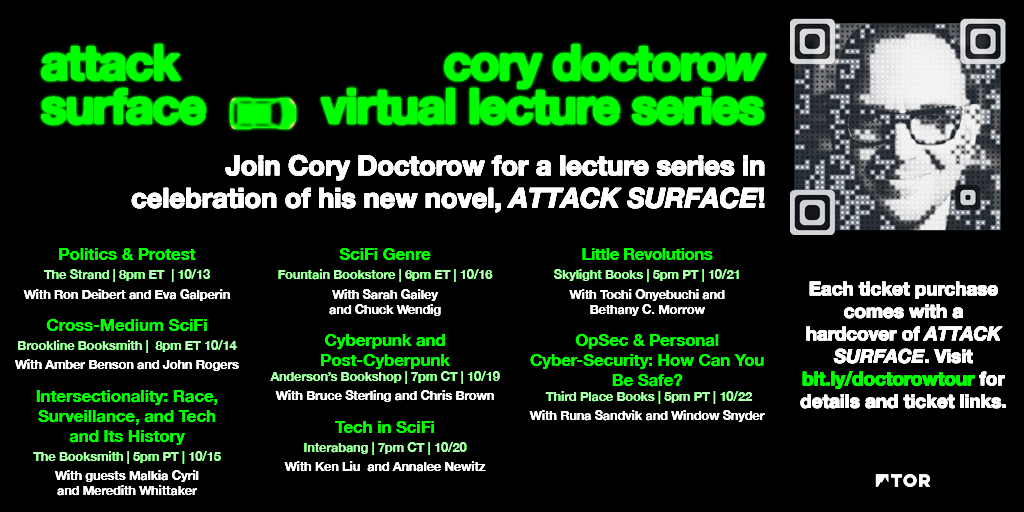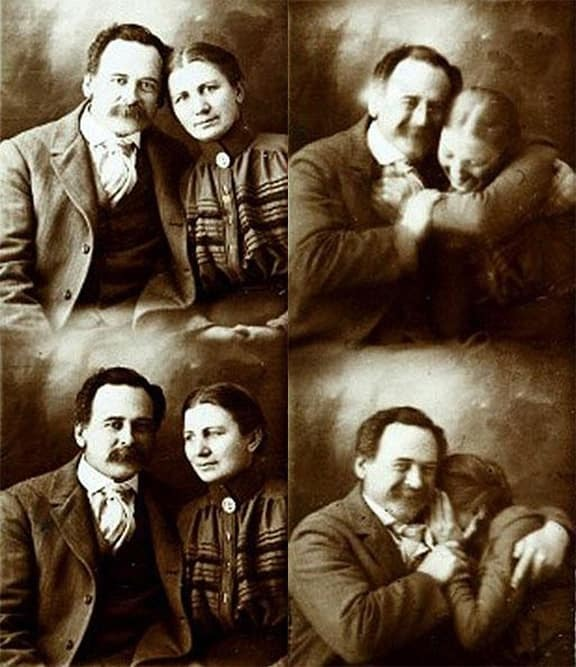
I first encountered @jmcdaid through "Uncle Buddy's Funhouse," his 1993 ground-breaking, award-winning hypertext project - one of the first CD ROMs written up in the NY Times. It was such an exciting, original, weird and artistically satisfying piece, especially the music.
1/
1/

Later, John and I became writing colleagues, attending workshops together, and then friends - for decades now. His work remains weird, erudite, accessible, madcap and brilliant.
2/
2/
He's just released a new album of filk/folk music: "Trail Of Mars," recorded during the plague months with an all-star set of session musicians whom John was able to contract with thanks to the unprecedented drought in musical work.
johnmcdaid.bandcamp.com
3/
johnmcdaid.bandcamp.com
3/
The music is both fun to listen to and (obviously) brilliantly performed and mixed, but the standout here is McDaid's lyrics - superb, funny, weird and unexpected poetry in the mode of a Leonard Cohen or Bob Dylan in Subterranean Homesick Blues mode.
4/
4/
The top single on the album is "Lost in Translation," a track I listened to three times in a row and have been thinking about ever since:
5/
5/
The album is $12 on Bandcamp, DRM-free, with a 16-page booklet including lyrics and notes. McDaid is a wild man of enormous and varied talents. Highly recommended.
eof/
eof/
• • •
Missing some Tweet in this thread? You can try to
force a refresh





















